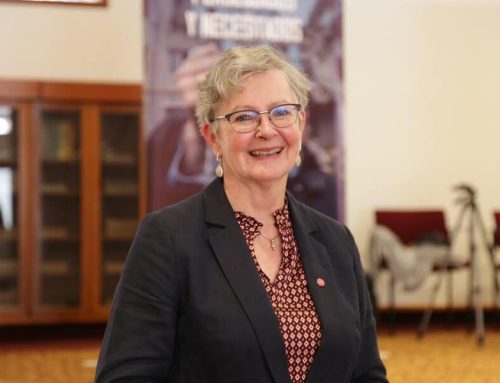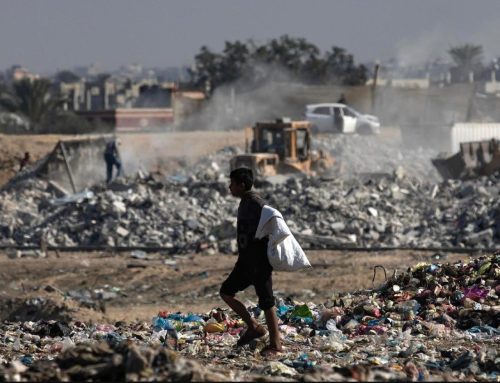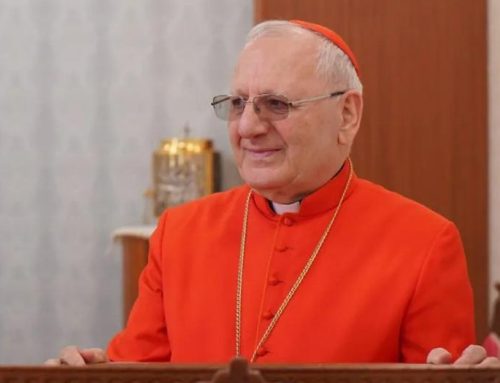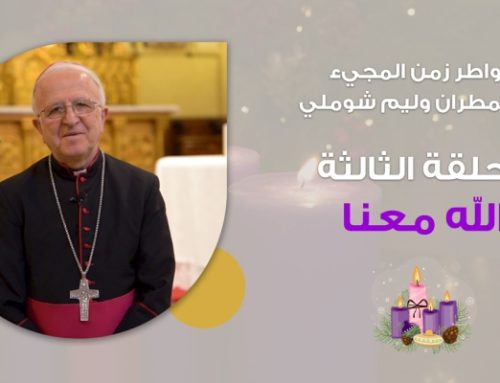
The Foreign Minister of Austria, Sebastian Kurz, the Foreign Minister of Saudi Arabia, Prince Saud Al-Faisal, the Deputy Foreign Minister of Spain, Gonzalo de Benito Secades, and Reverend Father Miguel Ángel Ayuso Guixot of the Founding Observer, the Holy See, signed the declaration during a Ministerial Meeting of the Council of Parties to the KAICIID Dialogue Centre in New York on 25 September 2014.
The KAICIID Dialogue Centre (King Abdullah Bin Abdulaziz International Centre for Interreligious and Intercultural Dialogue) was founded to enable, empower and encourage dialogue among followers of different religions and cultures around the world.
The declaration is a statement of principles by KAICIID and has also been unanimously adopted by the multireligious Board of Directors of KAICIID, who represent the major world religions of Buddhism, Christianity, Hinduism, Islam, and Judaism.
The declaration outlines the responsibilities of the Centre, of religious leaders, and of the international community at large, in violent conflict situations, especially when lives and livelihoods are placed at risk. The declaration condemns violent conflict in the world, more so violence committed in the name of religion. KAICIID deplores loss of life and commends those who seek to alleviate suffering, as well as those who strive to promote wellbeing, harmony and peace.
The full text of the KAICIID Declaration of Principles ‘In the Face of Conflict’ follows:
The King Abdullah bin Abdulaziz International Centre for Interreligious and Intercultural Dialogue declares in the face of conflict the following:
We Believe We believe in the sanctity of life and the inherent dignity of the person.
We believe that religion is an enabler of respect and reconciliation.
We believe that dialogue among people of different religions and cultures is the path to lasting peace and social cohesion.
We affirm the purposes and principles enshrined in the Universal Declaration of Human Rights, in particular the right to freedom of thought, conscience and religion. These equal and inalienable rights of all members of the human family are the foundation of freedom, justice and peace in the world.
We Reject We condemn violent conflict in the world, more so violence committed in the name of religion, and call for an end to violent hostility. We deplore loss of life and commend those who seek to alleviate suffering, as well as those who strive to promote wellbeing, harmony and peace.
We oppose the instrumentalization of religion to make war.
We strongly condemn terrorism in all its forms and manifestations, committed by whomever, wherever and for whatever purposes.
And we condemn hate speech and extremism that incite violence and fuel prejudice.
KAICIID combats prejudice and intolerance, in all their forms.
We Will Act KAICIID counteracts the abuse of religion to justify oppression, violence and conflict and facilitates peaceful resolution by bringing conflict parties to the dialogue table.
We continue to enhance interreligious and intercultural dialogue in order to foster respect, understanding and cooperation among people.
We Resolve We resolve to promote mutual respect and understanding among followers of all religions and peoples of all cultures, particularly through dialogue.
Let us look upon each other as sisters and brothers and, and let us appreciate difference as enrichment rather than fearing “otherness” as a threat.
By: Emer McCarthy- Vatican Radio





